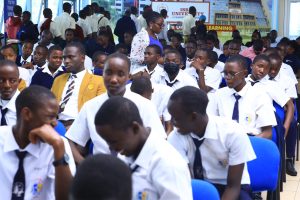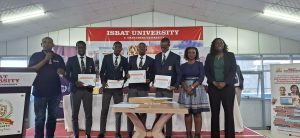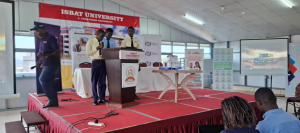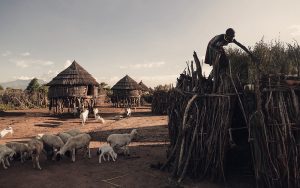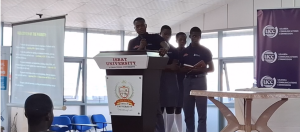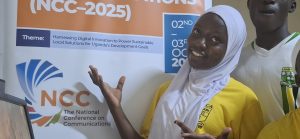Karamoja Moving Classroom: Bringing Digital Learning to Uganda’s Nomadic Communities
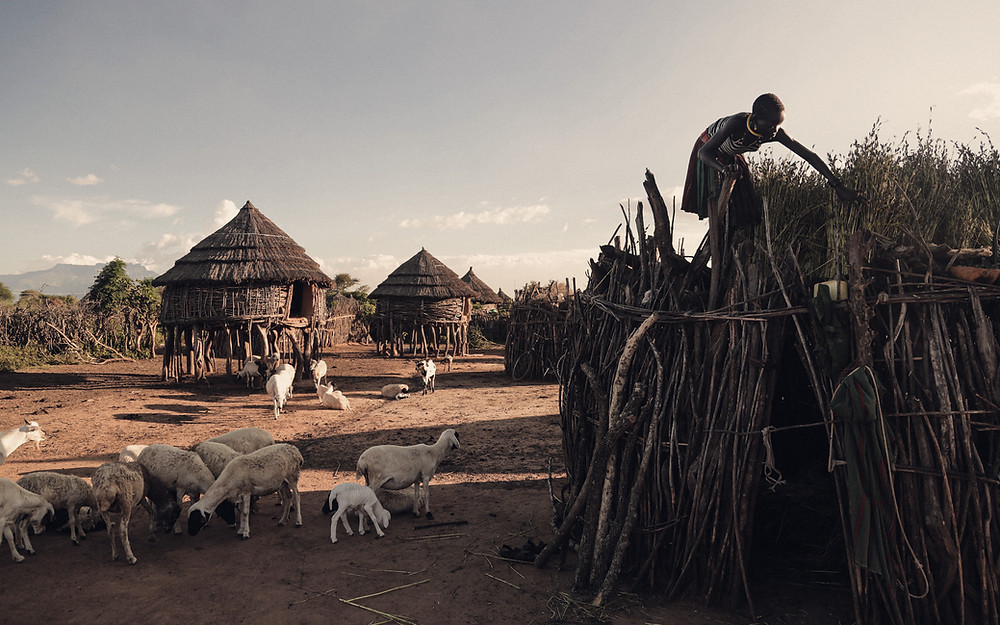
In a groundbreaking demonstration of creativity and purpose, the ICT Club of St. Andrews Secondary School Lotome presented their innovation — Karamoja Moving Classroom — during the Eastern Region ICT Clubs Competition held on 19th September 2025 at Busoga College Mwiri.
The project directly addresses one of Uganda’s most persistent education challenges: how to deliver learning opportunities to children in highly mobile pastoralist communities.
The Challenge: Low School Attendance and Literacy
Karamoja remains one of Uganda’s most educationally marginalized regions. According to the students’ research, over 50% of school-age children in the region have never attended formal education.
This crisis stems from the migration patterns of pastoralist communities, who move frequently in search of pasture and water for their livestock. Combined with extreme poverty, this mobility leads to interrupted schooling, low literacy levels, and a lack of foundational life skills among young learners.
The students noted that the absence of flexible learning systems continues to hinder community development and perpetuate poverty. Without education, generations of young people are left behind — disconnected from the country’s social and economic progress.
In the photos above, meet the Students Who Made School Portable: Inside Karamoja’s Moving Classroom Revolution
The Solution: A Mobile Digital Learning Platform
To address these barriers, the ICT Club developed the Karamoja Moving Classroom, a digital learning platform designed to make education flexible, accessible, and culturally relevant for nomadic communities.
The system uses mobile technology as the central delivery channel. Learning materials are accessed via smartphones, which serve as both the classroom and teacher, enabling learners to study anywhere — whether in a settlement, on the move, or in the grazing fields.
The platform focuses on literacy and life skills, integrating interactive stories, local content, and global knowledge to make lessons relatable to learners’ daily experiences. By merging traditional storytelling with modern digital tools, the initiative ensures that education resonates with community values while empowering learners with new perspectives.
“We wanted to make learning travel with the learner,” the student innovators explained.
“When families move with their animals, the classroom moves with them.”
🎯 The Goal: Bridging Educational Gaps Through Innovation
The ultimate aim of the Karamoja Moving Classroom is to bridge the educational gap between mobile communities and formal education systems. By leveraging technology, the ICT Club hopes to improve literacy, digital skills, and community awareness, creating a foundation for long-term transformation.
The project’s first-phase target is to reach 200 children within the first 60 weeks. The students believe that this model could later be replicated across other hard-to-reach regions in Uganda, adapting to the needs of semi-nomadic populations.
Expected Impact
The innovation holds immense potential for transforming access to education in Uganda’s underserved regions. It offers:
- Continuity in learning for children affected by migration.
- Practical literacy and life-skills education tailored to local realities.
- Exposure to global knowledge, linking remote learners with the wider world.
- Empowerment of communities, enabling them to participate more effectively in social and economic development.
By promoting productive development among pastoral communities, the project contributes directly to Uganda’s broader goals of inclusive education and sustainable development.
Partners and Mentorship
The ICT Club of St. Andrews SS Lotome was launched and is continuously mentored by KAWA Uganda, under the UCC-funded ICT Clubs Initiative. This partnership ensures that promising innovations like the Karamoja Moving Classroom receive ongoing technical support, guidance, and visibility at national platforms.
“KAWA Uganda remains committed to mentoring rural schools to create innovations that address real community challenges,” said project mentor Moses Wamanga Wamboga, the National Coordinator of ICT Clubs.
The project’s success is a shining example of how grassroots innovation, when properly nurtured, can contribute meaningfully to Uganda’s digital transformation and education equity agenda.
🎥 Watch the full presentation here:

